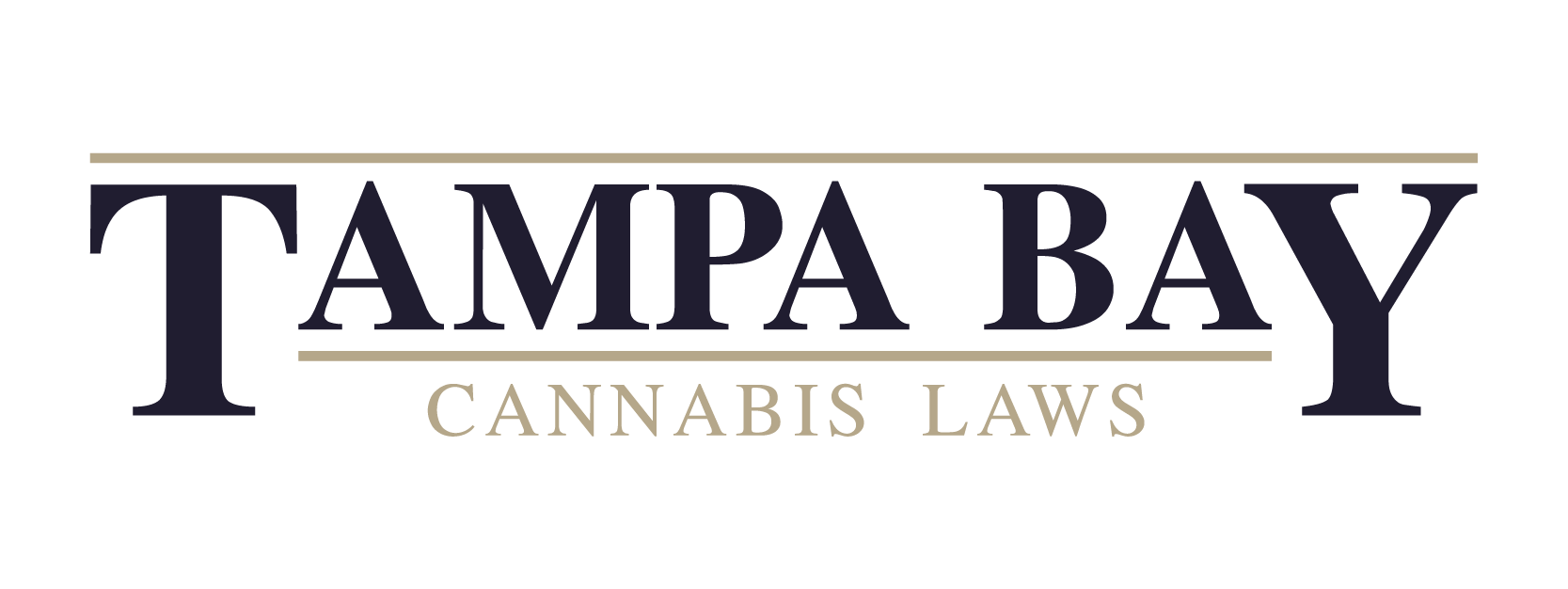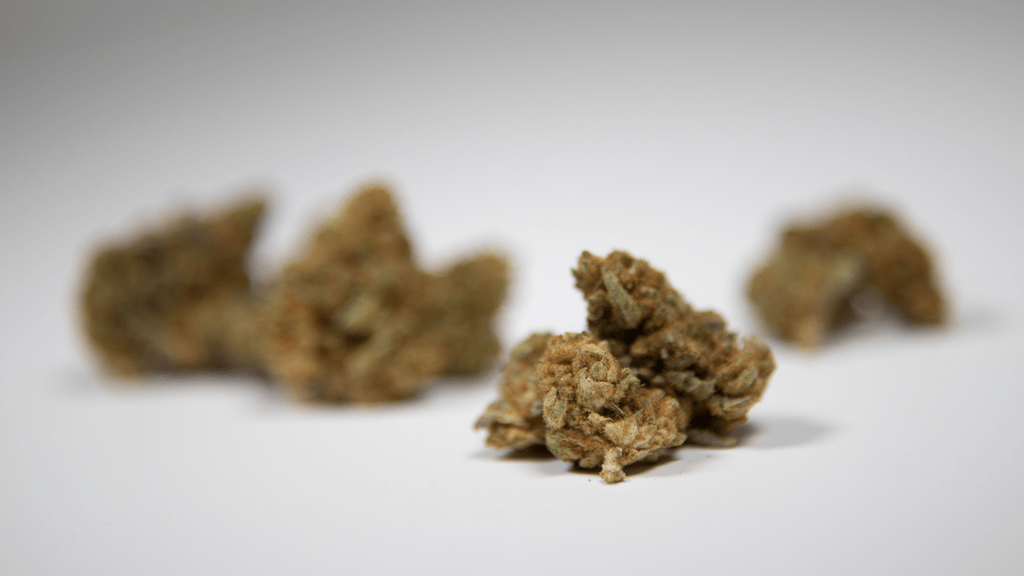Cannabis contains a variety of compounds, with CBD (cannabidiol) and THC (tetrahydrocannabinol) being the most prominent. Both compounds offer therapeutic benefits, but they differ significantly in their effects, legality, and applications. For patients with a medical cannabis card in Florida, understanding these differences is essential to make informed decisions about treatment.
What Is CBD?
CBD is a non-intoxicating compound found in cannabis plants. It interacts with the body’s endocannabinoid system (ECS) to promote balance and alleviate symptoms without producing a “high.”
Uses of CBD in Florida
Patients in Florida with a medical cannabis card may use CBD to manage:
- Chronic pain: CBD can reduce inflammation and discomfort.
- Anxiety and stress: Its calming effects can help patients with anxiety disorders.
- Epilepsy: CBD-based medications, such as Epidiolex, are approved for treating specific types of epilepsy.
- Sleep disorders: Many patients report improved sleep quality with CBD.
- Muscle spasms and MS symptoms: CBD provides relief without significant sedation.
Forms of CBD Available
- Oils and tinctures
- Capsules and softgels
- Topicals for localized relief
- Edibles, such as gummies
- Vape products (in compliance with Florida laws)
CBD products with less than 0.3% THC are also legally available over the counter, but medical-grade CBD may have higher potency and enhanced efficacy.
What Is THC?
THC is the psychoactive compound in cannabis responsible for the “high.” It binds directly to CB1 receptors in the brain, altering perception, mood, and cognition.
Uses of THC in Florida
With a medical cannabis card, Florida patients can access THC for:
- Severe or chronic pain: Particularly effective for conditions like neuropathy or arthritis.
- Nausea and vomiting: Often used by cancer patients undergoing chemotherapy.
- Appetite stimulation: Beneficial for individuals with conditions like HIV/AIDS or cancer-related weight loss.
- Muscle spasticity: THC is effective for patients with multiple sclerosis or spinal cord injuries.
- PTSD: THC can help reduce nightmares and intrusive thoughts.
- Glaucoma: THC may lower intraocular pressure, although its effects are temporary.
Forms of THC Available
- Dried flower for smoking or vaping
- Concentrates like wax or shatter
- Edibles such as chocolates and gummies
- Sublingual tinctures
- Capsules and pills
- Topicals with THC for localized effects
Key Differences Between CBD and THC
| Aspect | CBD | THC |
|---|---|---|
| Psychoactivity | Non-intoxicating | Psychoactive, causes a “high” |
| Legal Status | Federally legal if ≤0.3% THC | Legal only with a medical cannabis card in Florida |
| Therapeutic Uses | Anxiety, pain, epilepsy, inflammation | Pain, nausea, appetite stimulation, PTSD |
| Side Effects | Minimal (e.g., dry mouth, drowsiness) | Can include dizziness, paranoia, dry mouth, and sedation |
Combining CBD and THC
Some products combine both CBD and THC, leveraging the entourage effect, where the compounds work synergistically to enhance therapeutic benefits. These products are often tailored to specific conditions, such as chronic pain or severe nausea.
Legal Access in Florida
To legally purchase and use THC or higher-potency CBD products in Florida, you must:
- Obtain a recommendation from a certified medical marijuana doctor.
- Register with the state and receive your medical marijuana card.
- Purchase products from licensed Medical Marijuana Treatment Centers (MMTCs).
The Suitability
CBD and THC offer distinct benefits, making them suitable for different medical conditions. In Florida, patients with a medical marijuana card have access to a range of cannabis products tailored to their health needs. Understanding these differences empowers patients to make informed choices and optimize their treatment plans.

